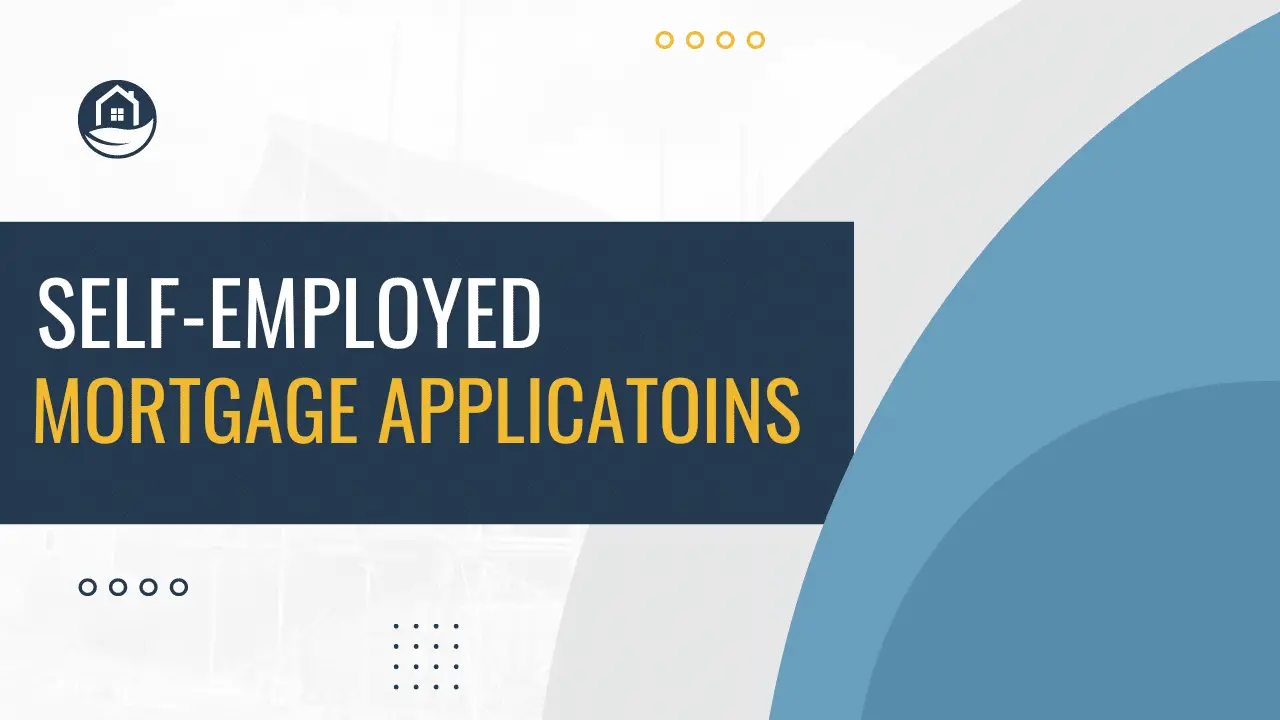As parents, we all worry about the future of our children. We want to provide them with the best possible opportunities, both personally and financially. In Ireland, there are various tools available to help parents achieve these goals, and one such option is the bare trust.
What is a Bare Trust?
A bare trust is a legal arrangement in which you transfer ownership of assets to your children, but they have no control over how the assets are managed. The trustee, who can be you or another trusted individual, manages the assets for the benefit of the children.
Some providers in Ireland that offer Bare Trusts include Aviva and Standard Life.
What are the tax benefits of a Bare Trust?
One of the most attractive things about a Bare Trust is that you as a parent can utilise the small gift exemptions which entitles you to gift up to €6,000 each year tax free to your children (€3,000 per parent), without eating into the lifetime Capital Acquisitions Tax threshold which currently stands at €335,000.
Therefore, in the distant future when you wish to pass on property or any other assets to your children, they will have the full use of this of this exemption that can result in them having to pay little to no CAT. It is also important to be aware of the potential pitfalls of gifting property to your children when they are alive, which we covered in a separate post.
You never know in the future how these thresholds will be impacted by different political factors, therefore its nice knowing you can take advantage of some of them now while they exist.
A common strategy for parents wishing to put away some money for their children’s future education is to take the child benefit (currently €140 p/m) and continuously add this to a Bare Trust where it can fund the child’s future education for example.
This may seem insignificant, but if done consistently can amount to €30,240, before taking into account future child benefit increases and the potential to invest the money in low risk funds.
The biggest downside to a Bare Trust
The biggest downside of a bare trust is that you or the beneficiary will not have access to the funds until the child turns 18. If you plan on potentially needing access to the funds in the trust in the coming years, then maybe a Bare Trust is not the right option for you.
Alternatives
A Discretionary Trust
A discretionary trust is similar to a bare trust, in that you transfer ownership of assets to the trust, but the beneficiaries do not have absolute control over the assets. Instead, the trustee has the discretion to decide how to distribute the assets among the beneficiaries.
This can be a good option if you want to give your children flexibility in how they use their inheritance, but you still want to have some control over how it is used.
Disclaimer: This blog post is for informational and educational purposes only and should not be construed as financial advice.






